New school year
An urgent meeting was convened on September 6 in Brussels attended by the leaders of all religious faiths in Belgium. The purpose of the meeting ahead of the beginning of the school year was to voice concerns over the possibility that the teaching of religion could be obstructed or suppressed in primary schools in the French-speaking part of Belgium. Bishop Guy Harpigny: the teaching of religion in schools “helps develop meaningful questions based on the knowledge of religious traditions, and it contribute to the deconstruction of radical discourse.”

No more religion classes in schools. They will be replaced by philosophy and citizenship. Struck by the deadly attacks perpetrated with the battle cry “Allah Akbar” past March 22, Belgium has decided to take a distance from religions. On October 21st 2015 the government of the Wallonia-Brussels Federation decided to introduce and propose to students of compulsory public education institutions (primary school pupils in 2016, secondary school pupils in 2017) “philosophy and citizenship courses” as an alternative to religion classes.
The decree is starting to have effect with the beginning of the new school year. As a result, an emergency meeting was held on September 6 attended by the leaders of all religious communities in Belgium.
The purpose of the meeting is to voice concerns over the possibility that the teaching of religion could be obstructed or suppressed in primary schools in the French-speaking part of Belgium ahead of the beginning of the new school year.
All religious leaders were present: Monsignor Jozef De Kesel, Archbishop of Malines-Bruxelles; Orthodox Metropolitan Athenagoras; Ph. Markiewicz, president of the Consistoire of Jews in Belgium; Salah Echallaoui, president of the Muslim Executive; the presidents of Protestant and Evangelical communities in the Country. They share the same “concern of the parents when they learned that some schools had eliminated religion class or that teachers of religion had been compelled to meet students in “study rooms” and thus not in their classes.
During the meeting religious leaders criticized undue pressure by Fapeo (Federation that brings together parents’ associations) which at the beginning of the school year handed out leaflets inviting families to dispense their children from religion classes and register them in courses on philosophy and citizenship instead: an initiative of which the parents of Catholic, Muslim, Jewish, Orthodox, Protestant, and Evangelical children had not been informed.
At the end of the meeting the religious leaders issued a joint statement addressed to the Belgian population, highlighting that
“the values of faith, justice, dialogue and peace found in all religious beliefs allow to deepen one’s religious roots and represent a powerful leaven of coexistence.”
They demand that along with philosophy and citizenship courses, schools may “continue offering religion courses, in accordance with the Constitution and the relevant legislation.” They add: “In our society freedom of worship and expression are fundamental values. A religion course enables students to deepen their knowledge of the faith and reflect on its content. It supplies criteria and interpretative keys to express their religious beliefs in a multicultural society with multiple values.”
The debate has been ongoing in Belgium for over a year. It involves a population of over 4 thousand teachers, many of whom are employed part-time. It is also feared that the introduction of philosophy and citizenship courses could jeopardise one thousand jobs, although on several occasions the minister of compulsory learning of the Federation Jöelle Milquet ensured that the new governmental decree wouldn’t affect existing jobs.
The question was addressed also by the bishop Monsignor Guy Harpigny, bishop of Tournai, coordinator of Catholic religion classes: “In my capacities as bishop it is not my job to tell the government and other public bodies which option they should favour. But I would go so far as to do so. A sound democracy has many different political parties. But pluralism is not confined to the diversity of the Parties. Pluralism is also conveyed through various religious and philosophical beliefs that accompany the development of the mentality of peoples, nations and cultures.” The bishop thus made a public appeal to interpret the challenges that Belgium and Europe are facing in the light of the urgent task of “building a culture of living together”, which involves youths and public education. Religion courses should not be feared “when they are taught by well-prepared teachers.” On the contrary, they
“help develop meaningful questions based on the knowledge of religious traditions and contribute to the deconstruction of radical discourse; they accompany students and help them open up to the spiritual dimension of existence and be actively engaged in the encounter with others”, the bishop said.